|
The Nonprofit Finance Fund has written a story about Why Not Prosper. Below is an excerpt: “Rev. Michelle” to all who know her – knows what women want to do when they return from prison. She knows because she’s been through what they’ve been through. Read the full story here.
0 Comments
HARRISBURG, Pa. (WHTM) – A place dedicated to helping formerly incarcerated women rebuild their lives is coming to Harrisburg. Reverend Michelle Simmons is the CEO of ‘Why Not Prosper’, an organization that helps women transition from prison back into their communities. She’s been running it for 20 years in Philadelphia. Now she’s opening a similar housing center in Harrisburg at 240 South 13th Street, which she’s calling the G.R.O.W. program. “Which stands for giving real opportunities to women, for our formerly incarcerated women coming home from prison,” Simmons said. “This is not a new endeavor it’s just a new city. My heart beats for the women coming from prison. I’m a woman coming from prison.” Simmons was in and out of prison for years. “I know what it’s like firsthand to want to get my children back and the system fighting against me. I know what it’s like firsthand to want to get a job and keep having to mark yes I got felonies in the box,” Simmons said. Then she got clean and broke the cycle. “It’s not an easy feat ok, it takes a lot of support, it takes a lot of encouragement,” Simmons said. Now she helps others do the same, like Joyce Granger. “I was state raised, in prison. I was 17 when I went to prison,” Granger said. When she got out after 35 years the Philadelphia program enabled her to successfully restart her life. “Without places like Why Not Prosper, we had no way of really plugging into the resources that we really needed that was valuable to our survival,” Granger said. “Personally it helped me understand the value of being who I am and recognizing my vision.” “So they don’t go back to prison. So they don’t fail. So they become better mothers, better women, better guardians of the community,” Granger said.Now she’s joining the effort to Harrisburg. She’ll be moving into the new building to be part of the support staff for the women who will live there. Their vision is big, but they’ve already helped thousands of women get a second chance. “Women can’t rebuild their life if they don’t know where they’re going to sleep, if they don’t know where they’re going to eat, if they don’t know where their clothes are coming from. So this is why this is so important,” Simmons said. They hope to transform the building and transform lives too. “Rewrite their narrative. We already know their history, their past, their trauma. I want to put some good stuff on clean pages,” Simmons said. Their plan is to open in February. You can find out more about Why Not Prosper here. Along with Granger, who will live at the house full time, there will also be a case manager and a therapist on staff during business hours to help the women. Original Article & Video Here: By Hannah Brandt Posted: Dec 28, 2021 / 11:13 PM EST / Updated: Dec 29, 2021 / 12:06 AM EST https://www.abc27.com/news/top-stories/new-transitional-housing-program-for-formerly-incarcerated-women-coming-to-harrisburg/ PPI Television and Bryant Greene present Always Best Care presents "Did You Know" - Episode 36
|

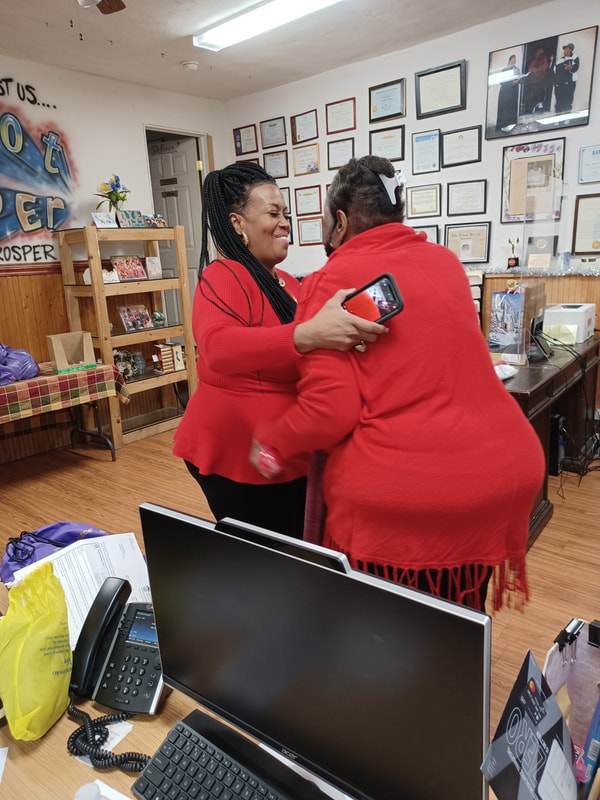
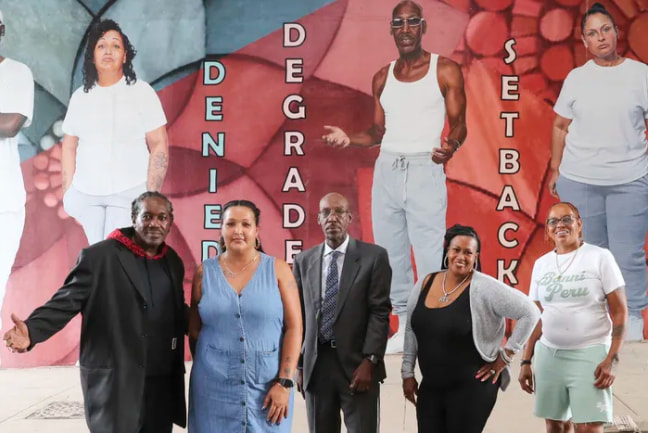
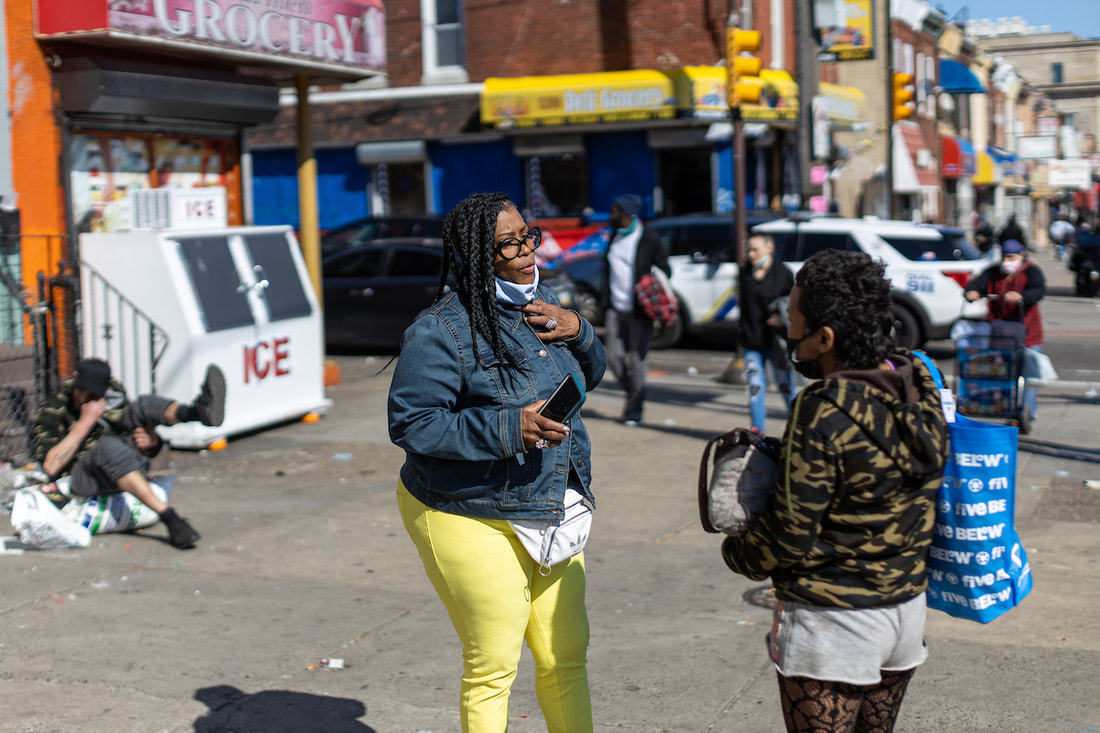
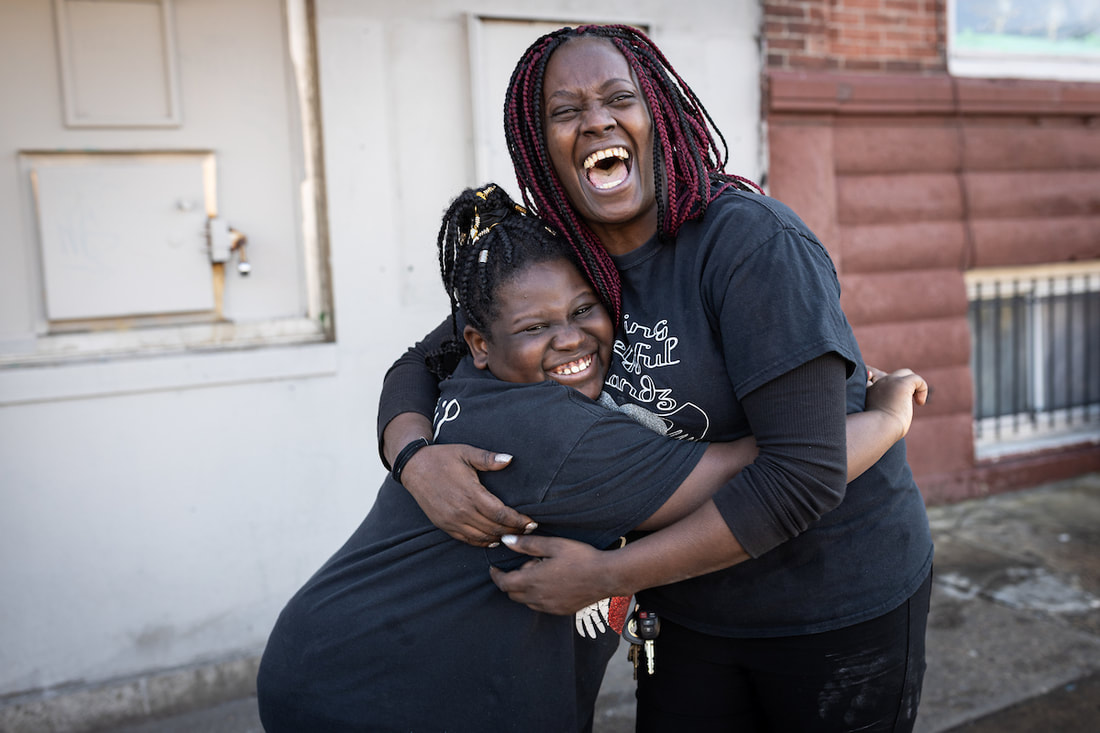
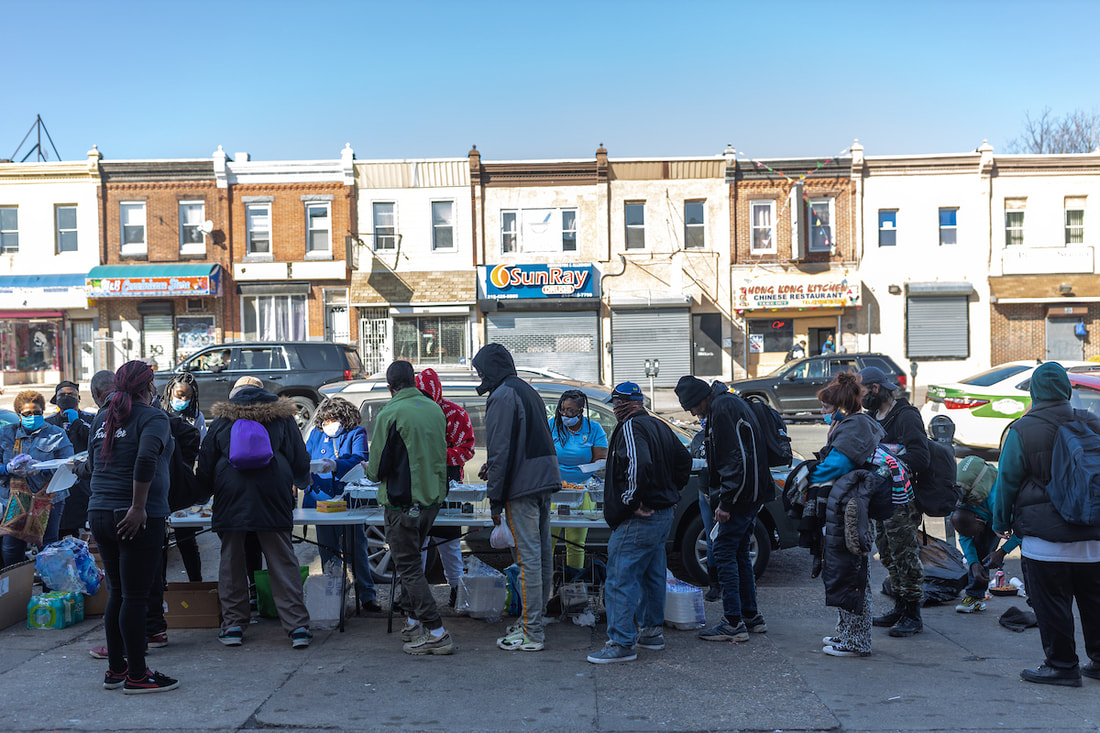
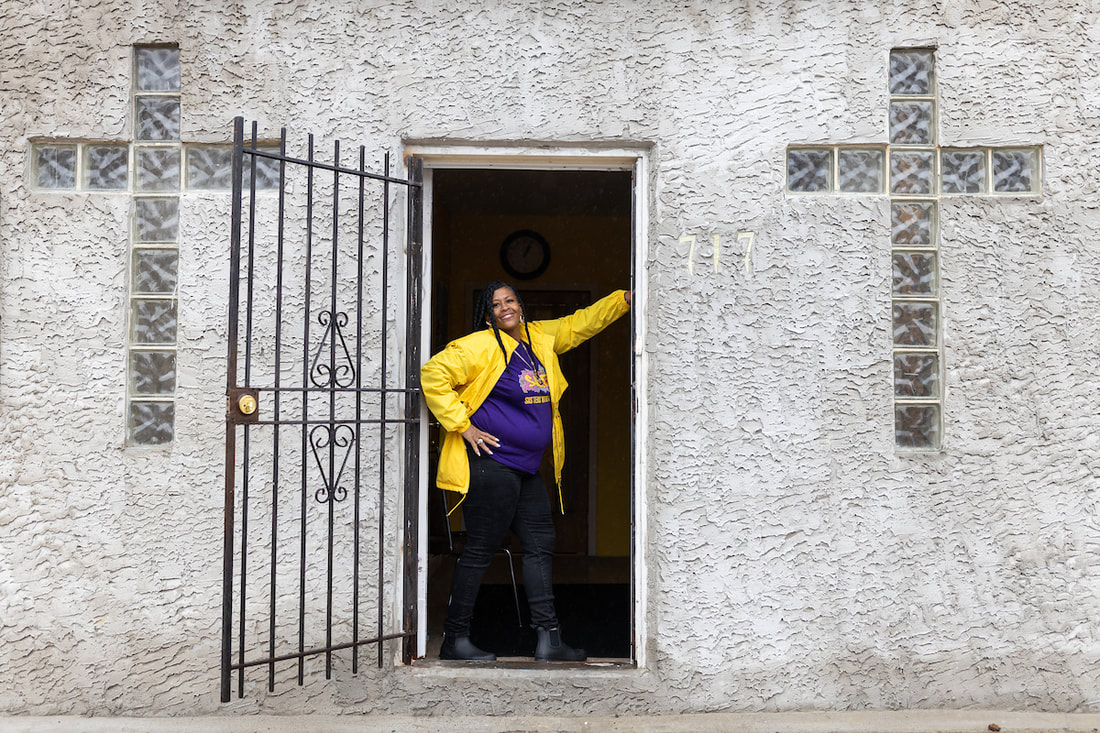
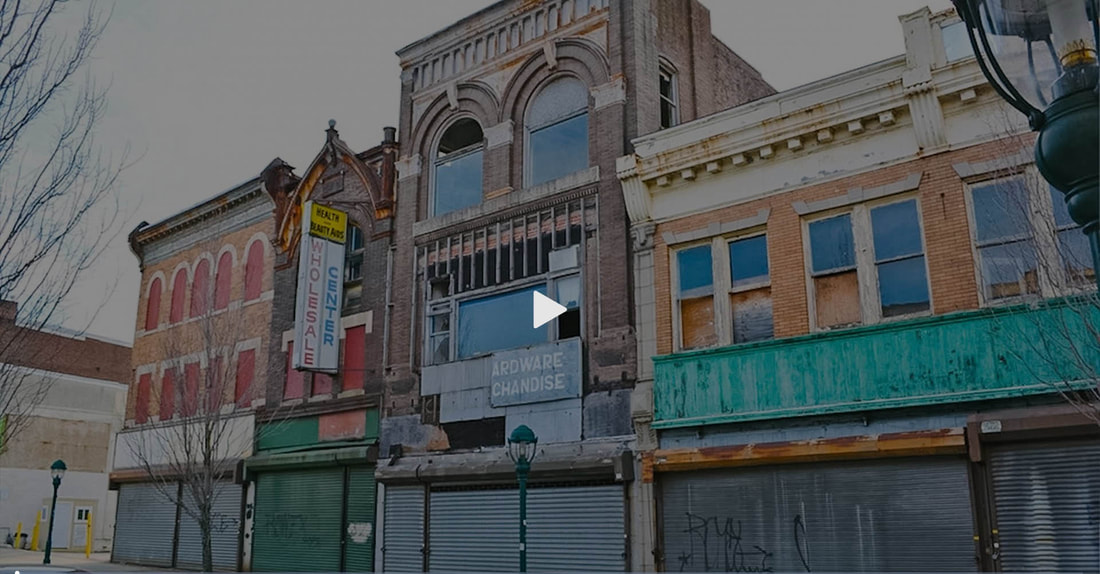

 RSS Feed
RSS Feed
